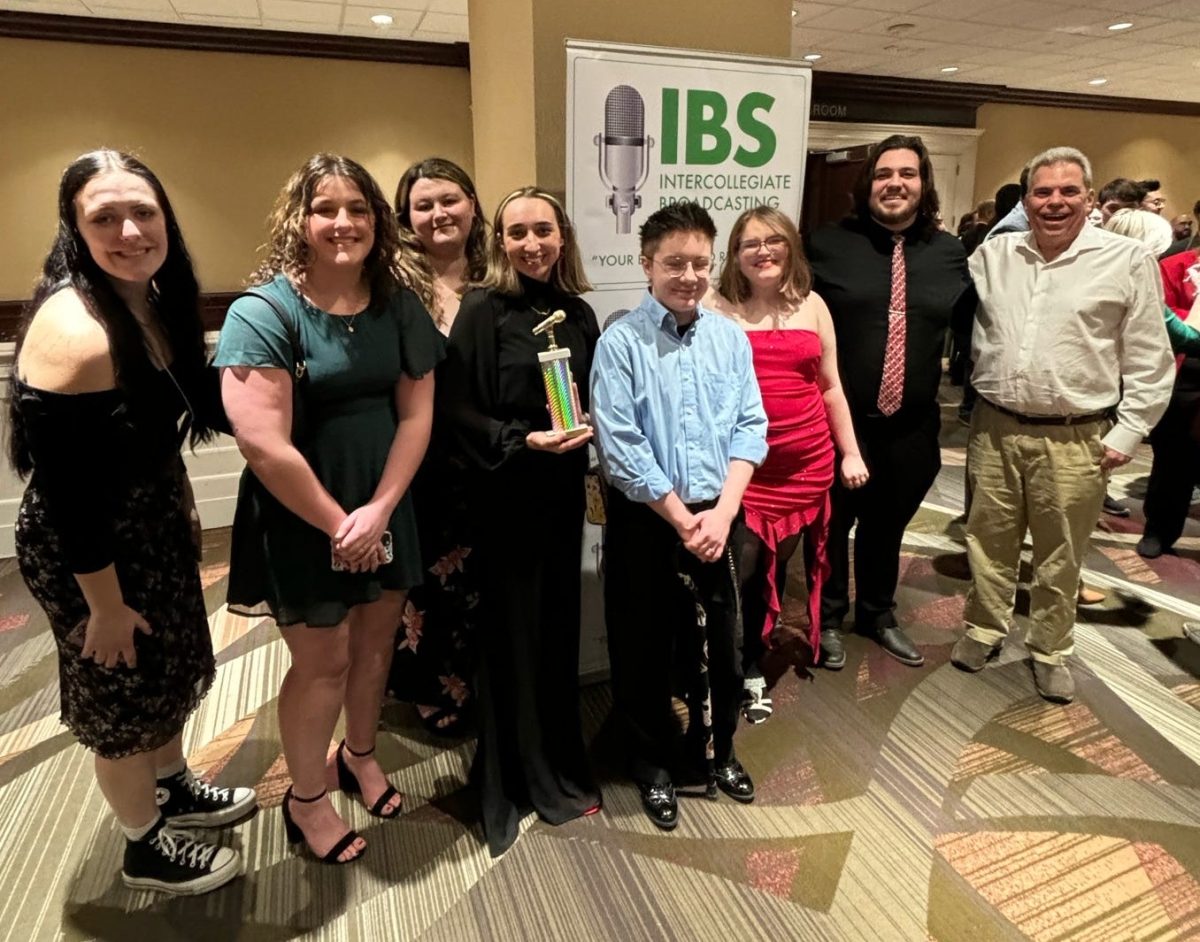Etymology is a pretty fascinating thing, right; the study of the origin of words and how their meanings have changed.
For instance, everyone’s favorite four-letter ‘F’ word is actually an acronym, “For Unlawful Carnal Knowledge.” Certainly it doesn’t carry the same meaning as when it was developed.
Here’s another one, “Ship High In Transit” used to be printing on packages being carried over seas that carried manure. It was fertilizer back in the day. If you stored in under deck or low in transit, the methane from the fecal matter would build up in that contained space and “boom!” That’s how we have the handy word that derived from the acronym.
I find myself using the word “Meta” a lot. I typically use it as a response to something like, “I’m writing my thesis on dance as a language.” That’s so meta. Or when someone asks what I think of the new Alt-J album – so meta.
I, of course, find that this new hip and cool phrase accurately describes 50-68 percent of the things that happening in my life. However, when I hear younger others spew this word out all willy-nilly I have to stop and think, “What does meta even mean?”
So I asked Siri. She told me that meta is a prefix used in English to indicate a concept which is an abstraction from another concept, used to complete or add to the latter. And then I’m like, “Woah, Siri, that was super meta.”
When we talk about meta in theater it usually describes something that is reflecting on itself. My man George Bernard Shaw likes to use Meta-theatre as a way to make statements that are seemingly harmless but were actually profound statements on humanity at the time that the plays were written.
I’m not sure that either of those things is what is meant when we use that four-letter ‘M’ word.
I can pull up a dozen memes on the Internet that use the word in perfect context. My favorite is probably when Ariel scrunches up her face in hipster anguish while wearing her black-rimmed Wayfarers – which she obviously uses only when she reads super dense literature because she’s blind as a bat – and then she says it, “SO META.” Thanks, Ariel, I couldn’t have said it better myself.
Meta is referential or recursive. In other words, it’s when a thing talks about itself. For example when you have a fight with your boyfriend or girlfriend and then someone blurts out “you always do that” or “I hate the way you talk like that to me,” that’s meta.
You’re arguing about the argument rather than what started the fight in the first place.
This colloquial expression obviously can mean a variety of things, and I’m not the only one who is a little unclear about the definition.
I stumbled upon about a half a dozen inquiries online from parents and one curious blog, titled “Out of the Loop.”
I just watched “My Big Fat Greek Wedding” last night and if you’ve seen it you’d know that the dad loves to take any word and tell you how it is Greek. He also uses Windex to cure everything. Anyway, he would tell us that the word “meta” means after or beyond.
This four-letter word has a lot of interpretations and does a great job of illustrating how language changes over time. I hope my column wasn’t too meta for you.
BRIANNA WOODS






